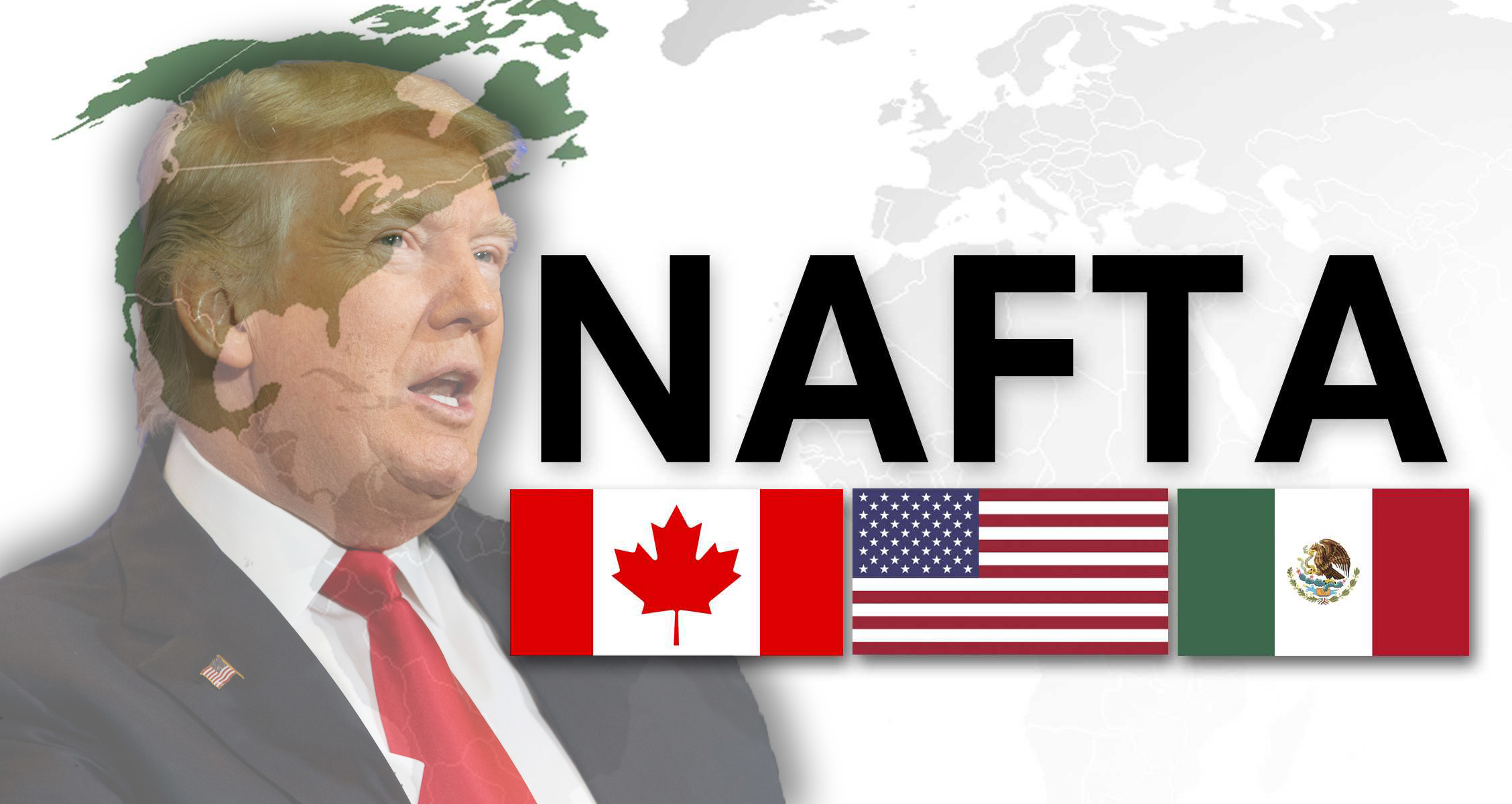Tough U.S. NAFTA Demands Send Ball Back Into Lobbyists’ Court

Lobbying efforts on the North American Free Trade Agreement hit a crucial stage this week after the Trump administration ignored the U.S. business community’s advice and pitched proposals to radically reshape NAFTA, leaving its future in doubt
The U.S. demands to force renegotiations of NAFTA every five years and reserve the lion’s share of automotive manufacturing for the United States have cast a cloud over a fourth round of talks due to end Tuesday in suburban Washington.
Though they were widely expected, the aggressive U.S. proposals were met with dismay by many officials from Mexico, Canada and U.S. industry, who have formed a loose alliance in opposing major changes to NAFTA.
By Monday, Mexico’s peso had hit a near five-month low with fears growing about the future of the deal underpinning US$1.2 trillion in annual trade between the three countries.
U.S. opposition to NAFTA’s dispute resolution mechanisms, plans to restrict outside access to government contracts and attacks on Canadian dairy and softwood lumber producers have further stoked the grim mood among trade officials.
“A lot of fighting still to do”
Bosco de la Vega, head of Mexico’s National Agricultural Council, the country’s main farming lobby, said coming weeks would show whether Mexico and Canada’s allies in Congress and the U.S. private sector could push back against the proposals.
“We’re going to see what the people here are made of,” he told Reuters on the sidelines of the talks. “What I can guarantee you is that Mexico won’t agree to a bad deal.”
Officials from the two biggest U.S. export markets have spent the months since Trump’s November election victory working on U.S. bosses and political leaders to defend NAFTA, a 23-year-old accord the president has repeatedly called a “disaster.”
The U.S. Chamber of Commerce has rejected what it calls the “poison pill” plans, backed by other major industry groups.
But whether lobbies that Trump has sought to characterize as part of the “Washington swamp” can encourage a change of heart is far from certain, especially with the president openly feuding with a number of senior Republicans in Congress.
Trump has attacked NAFTA throughout the talks and participants are doubtful how much influence Canadian foreign minister Chrystia Freeland and Mexico’s economy minister Ildefonso Guajardo will have on U.S. Trade Representative Robert Lighthizer when the three meet for talks on Tuesday.
Arguing the deal has boosted Mexican manufacturing at the expense of the United States, Trump points to a goods trade deficit with its southern neighbour of US$64 billion last year.To that end, his administration is seeking to raise the amount of NAFTA content in autos to 85 per cent from 62.5 per cent and secure 50 per cent of the total for the United States.
Foreign Minister Chrystia Freeland (C) addresses the media with Mexico’s Economy Minister Ildefonso Guajardo (L) and U.S. Trade Representative Robert Lighthizer at the close of the third round of NAFTA talks involving the United States, Mexico and Canada in Ottawa, Ontario, September 27, 2017 , Reuters/Chris Wattie
LOUDER NAFTA SALES PITCH
Defenders of NAFTA say the cross-border integration has made the region more competitive with the rest of the world and prevented job losses to rival economies in Asia and Europe.
Ann Wilson, senior vice president of government affairs for the Motor and Equipment Manufacturers Association, which represents U.S. auto parts makers, said the group was speaking to “as many levels of policymakers as possible.”
“We are hopeful that by providing data and analysis … that we can find a landing zone that will allow our members to continue to thrive,” said Wilson. “But the proposal that I understand is on the table right now will not do that.”
Moises Kalach, head of the international negotiating arm of Mexico’s CCE business lobby, was confident the divisive measures did not have the support of Congress or key U.S. employers.
“The American private sector completely supports us, they’re very aligned, working with Congress, working with the governors and the Senate, and they are meeting with a lot of resonance,” Kalach said. “There’s a lot of fighting still to do.”
Jerry Dias, head of Canada’s biggest private sector union Unifor, said the United States could not expect to extract concessions from the other two nations at minimal cost.
“Ultimately, Trump is going to get a major pushback because Canada is the number one trading partner for 30 U.S. states. The agricultural sector of the United States will go absolutely crazy. The dairy sector will go absolutely crazy,” he said.
But many are not convinced it will be enough.
“I don’t think Lighthizer will do much beyond listening and nodding. I can’t see a situation where [he] is ready to start negotiating,” said a Canadian source familiar with talks, noting that Trump remained the biggest unknown. “We’ve heard time and time again that Lighthizer only has an audience of one.”
by Dave Graham and David Lawder – Reuters












